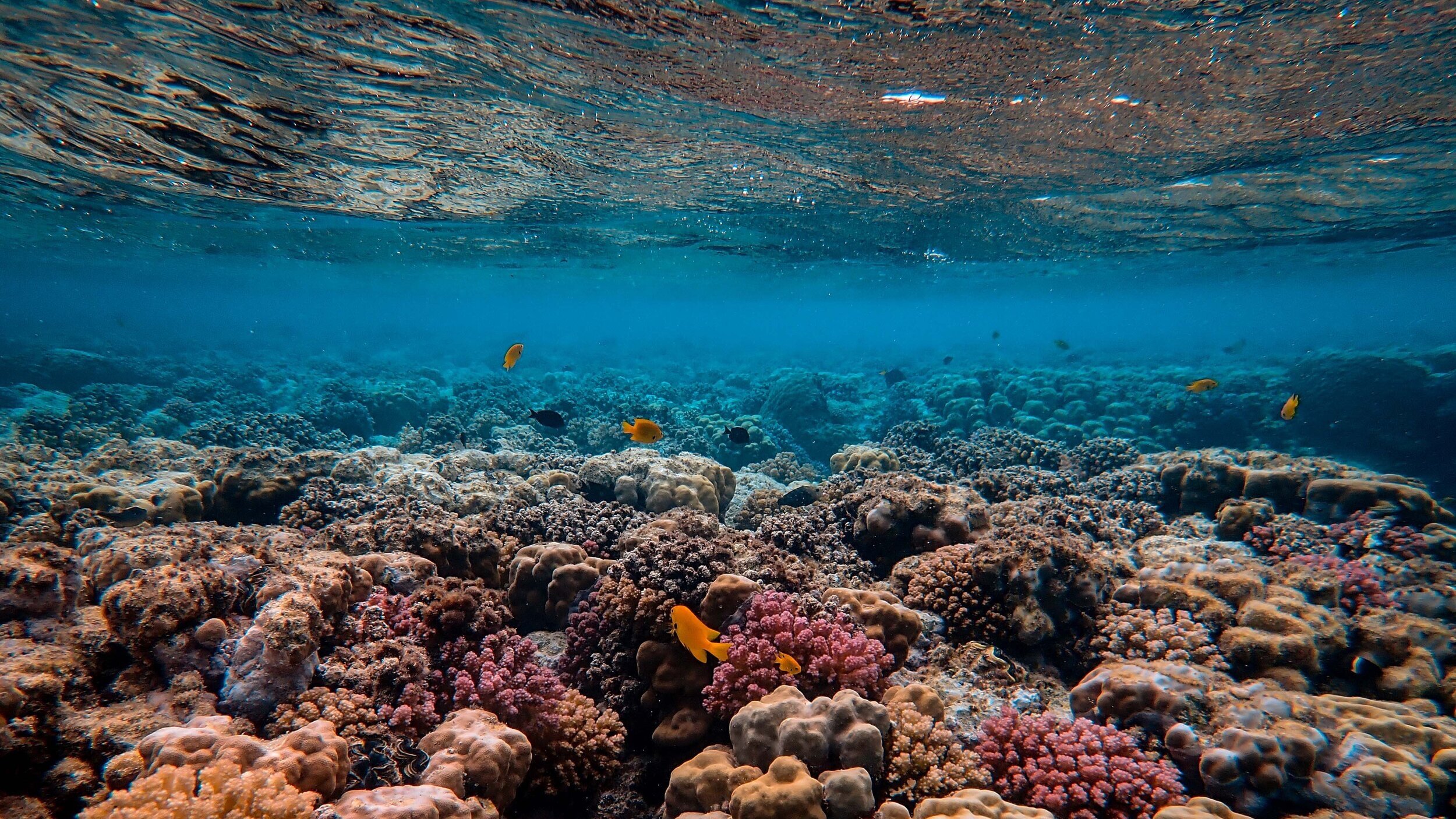The Unintended Impacts of Tourism on Coral Reefs
By Stephanie Macdonald
Typically located in tropical locations within 30 degrees of the equator coral reefs are some of the most biodiverse ecosystems in the world. Their colour and beauty draw thousands of visitors from all over the world. Diving tours, fishing trips, hotels, restaurants, and other businesses rely on reef systems to create thousands of jobs and providing billions in revenue. Due to the safety precautions put in place to protect communities from the COVID 19 outbreak, there has recently been a collapse of the tourism industry. I thought this would be an excellent opportunity to reflect on the impact that tourism has on coral reefs.
Though sustainable ecotourism can help provide alternative lifestyles to support coastal communities, over-exploitation in the industry can threaten the already damaged reefs. Increased coastal tourism has led to increased pressure on coral reef resources, either through direct impacts on the reefs or indirectly through increased levels of coastal development, sewage discharge and vessel traffic.
Tourists need to make informed choices and behave responsibly as their actions can impact the heaths of these delicate ecosystems. Many are yet to understand the detrimental effects of of their actions. What are the risks facing coral reefs, and how can coral reef etiquette help you be an informed tourist?
Boating
Vessels grounding and striking shallow coral reefs can cause profound damage to the habitat. Propeller scarring, anchoring and other physical impacts are of growing concern in nearshore habitats. In 2019, 136 manatees died last year after being struck by speeding watercraft in Florida alone. Anchors can dislodge, crush and fragment the benthic community, displacing resident fish, eliminate critically important topographic complexity and habitat structure that is the result of hundreds of years of growth taking years to recover.
Utilise mooring buoys to tie off your boat.
Ask about diving and snorkelling operations that offer reef safe boating practises.
If you have to use an anchor, do so in areas with a sandy bottom to avoid causing damage to surrounding marine life, corals and seagrass.
Scuba diving swimming and snorkelling
Poorly informed and negligent divers, snorkelers and swimmers can harm corals by touching and standing on them. Kicking up sand can smother the coral polyps. Despite their rock-like appearance corals are incredibly fragile and prone to injury and disease. Hassling marine life by with behaviours such as feeding, chasing and touching can alter their behaviour, how frequent they will visit the area and potentially changing their home range.
Be careful not to stand on or touch or kick coral.
Practice good buoyancy and observe from a distance. Make sure you are not dragging equipment such as depth gauges or cameras when diving or snorkelling.
Avoid dive operations that not facilitate a staff member in the water.
Coastal Development
Coral reefs and their connected coastal systems protect against erosion and storm damage. Mangrove forests protect against wave action and act as a buffer from storm surge however coastal development poses a significant threat to marine resources. Coastal development includes beachfront construction of homes, hotels, restaurants, roads, sea walls and nourishment.
Turtles are under significant pressure because of coastal development. Turtles return to the same beaches that they were born to mate and nest. Sea walls can prevent female nesting turtles from nesting and can create unnatural erosion of beaches. Additionally, beachfront lighting from resorts, roads and buildings can wreak havoc on the turtle hatchlings. When they emerge from the nests, the juvenile turtles are guided by light to the ocean. Artificial lighting can disorientate the hatchlings turtles drawing them in the opposite direction of the sea towards roads, obstacles and predators.
Sedimentation
Coastal development and construction projects can change the natural drainage patterns; this can lead to runoff onto adjacent reefs, especially in areas where mangroves and plant anchorage have been removed. Sedimentation occurs when soil, dirt and debris are deposited in the ocean, especially after heavy rains. Sediment pollutes marine ecosystems by smothering corals and seagrass blocking the light. Seagrass beds rely on clear shallow water to photosynthesise. Corals also rely on zooxanthellae to produce food via photosynthesis, meaning light deprivation can cause corals to starve, bleach and die.
Coastal development and sedimentation can be reduced through effective planning and land use regulations. At every opportunity visit places that have stringent planning and development laws in place to protect the marine and terrestrial environments. Management such as the protection of mangroves, minimum shoreline development distances, and wastewater collection can significantly reduce local stress on coral reefs and increase the sustainability of tourism.
Education and awareness are essential for ocean conservation. Being aware of your surroundings can make a massive difference in the health of an ecosystem. When you plan a vacation, make sure you prioritise sustainability and research the hotels you stay at and the activities you do. Your actions can make a huge impact and sway how the tourism industry develops in the future.




